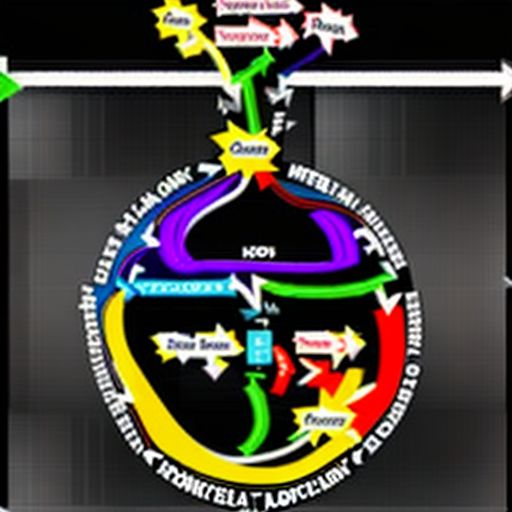Are you struggling to manage multiple debts with high interest rates? Do you dream of simplifying your finances and achieving financial stability? If so, a loan for debt consolidation might be the solution you’ve been searching for. This comprehensive guide will delve into the ins and outs of debt consolidation loans, empowering you to make informed decisions about your financial future.
What are Loans For Debt Consolidation?
In essence, a debt consolidation loan allows you to combine multiple debts, such as credit cards, medical bills, or personal loans, into a single, more manageable loan with a fixed interest rate. This means you’ll only have one monthly payment to keep track of, ideally at a lower interest rate than your previous debts.
Why Consider Debt Consolidation Loans?
Debt consolidation offers several potential benefits:
- Simplified Finances: Manage all your debts with one monthly payment.
- Lower Interest Rates: Potentially secure a lower interest rate, saving you money over the life of the loan.
- Improved Credit Score: Consolidating debt can improve your credit utilization ratio, a key factor in determining your credit score.
- Fixed Monthly Payments: Enjoy predictable monthly payments, making budgeting easier.
Types of Debt Consolidation Loans
There are several types of loans available for debt consolidation:
1. Personal Loans:
These unsecured loans are offered by banks, credit unions, and online lenders. They typically have fixed interest rates and repayment terms.
2. Home Equity Loans and Lines of Credit (HELOCs):
These loans utilize your home’s equity as collateral. While they often come with lower interest rates, they also carry the risk of foreclosure if you default on payments.
3. Balance Transfer Credit Cards:
These cards offer a promotional period with 0% APR, allowing you to transfer high-interest debt and pay it down interest-free for a limited time.
Questions You Might Have About Debt Consolidation Loans
1. How do I qualify for a debt consolidation loan?
Lenders consider factors like your credit score, debt-to-income ratio, and credit history.
2. How much can I borrow with a debt consolidation loan?
The loan amount you qualify for depends on your financial situation and the lender’s criteria.
3. What are the interest rates for debt consolidation loans?
Interest rates vary based on your creditworthiness, loan amount, and the lender.
4. Are there any fees associated with debt consolidation loans?
Some loans may come with origination fees, closing costs, or prepayment penalties.
Is Debt Consolidation Right for You?
Debt consolidation can be a powerful tool for achieving financial stability, but it’s essential to carefully assess your situation and consider these factors:
- Overall Debt Amount: Consolidation is most beneficial for managing significant debt.
- Interest Rates: Ensure the new loan offers a lower interest rate than your existing debts.
- Spending Habits: Address any underlying spending habits to prevent falling back into debt.
Conclusion
loan.xehay.site/wp-content/uploads/2024/07/debt consolidation-66948b.jpg" alt="Debt Consolidation Chart" width="512" height="512">Debt Consolidation Chart
Debt consolidation loans offer a pathway to simplify your finances, potentially save money on interest, and regain control of your financial future. By understanding the different types of loans, eligibility requirements, and potential benefits and drawbacks, you can make informed decisions that align with your unique financial goals. Remember to carefully compare offers from multiple lenders and prioritize options that offer the lowest interest rates and favorable terms.


